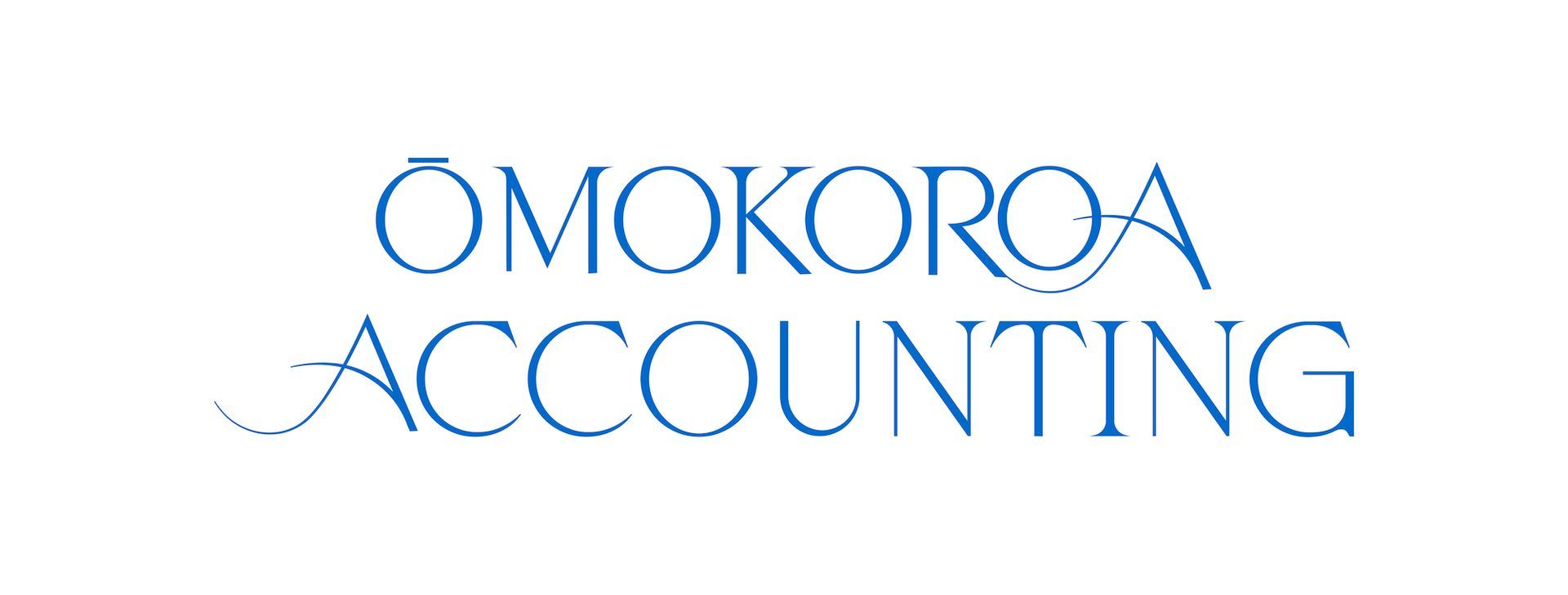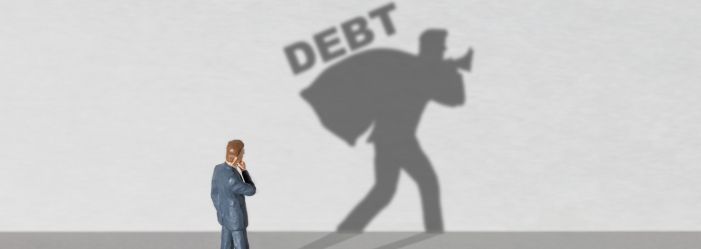Understanding Tax for Sole Traders
When you first become self-employed it is so easy not to think about things like tax, GST and ACC. You’ve likely never had to consider these things before as an employee because it was always done for you, but it’s important to ensure you’re putting money aside when you start receiving a self-employed income.
One of the most common questions we encounter when a new business owner is just getting started is ‘How much should I be putting aside?’
Currently, the different tax bands and rates are, earnings up to $14,000 are taxed at 10.5%, earnings between $14,000 and $48,000 are taxed at 17.5%, earnings between $48,000 and $70,000 are taxed at 30%, earnings between $70,000 and $180,000 are taxed at 33% and anything over $180,000 is taxed at 39%.
Make sure you set aside money regularly for tax in a separate bank account. Roughly, 20% to start with to cover your tax bill. Accounting software can help you keep track of what is owed and what payments are coming up. You should consider hiring an accountant because our knowledge can often save you time and money, and we’ll ensure you always file your tax return on time to avoid late penalties.
Curious about how other sole traders manage tax? We answered some common questions in our latest blog. Check it out for more valuable insight.
Start Saving for Your Taxes
It’s important to understand that you need to start saving for your taxes from the day you start to receive an income. It may be a while before you have to pay tax, but it will come along sooner than you think, and it can be quite a shock if you are not ready for that day.
Between 80% and 90% of businesses fail in their first year, and one of the main reasons for this is poor cash flow management.
Recognise your skills, and if you lack the knowledge and expertise to ensure you will pay your tax on time, then it’s important to outsource this to an accountant and seek help.
Profit and Provisional Tax
You may have heard you only pay tax if your business makes a profit. This means that you pay tax on the profit you make on your income each year, which is income minus expenses.
Some expenses that come out of your income — such as drawings (money you take out of your bank account instead of a wage) and loan payments — are not included in your profit calculation. So, your bank balance is not always an indication of whether you have made a profit.
Provisional Tax is a tax you start paying once your tax bill exceeds $5,000.00 in the previous financial year. Provisional tax helps you manage your income tax throughout the year. So, instead of paying a lump sum at the end of the year, you pay it in instalments during the year.
Start Planning for Your Taxes Today!
Don’t let tax catch you off guard. If you’re self-employed, it’s vital to start saving for your taxes from the moment you receive your first income. Regularly setting aside funds and leveraging professional accounting support can safeguard your business from financial pitfalls.
Click here to find out how we can help and take control of your financial future now!


